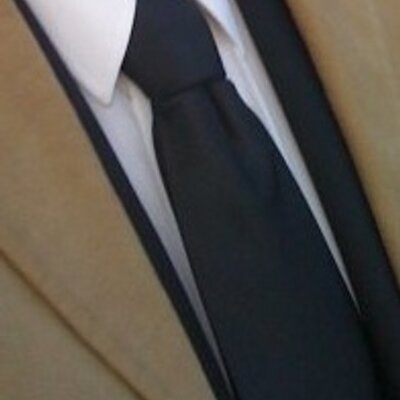David Bowie has been a bit quiet lately. He’s had only one single out this year – a typically conventional piece of avant-garde, late-period Scott Walkerish crooning over a modern jazz riff, about a marriage gone wrong, with the snappy title Sue (Or In A Season of Crime). It was a predictable follow-up to 2013’s pop’n’rolling The Next Day album, and a cash-in intro to his latest ‘greatest hits’ album. Not really.
Bowie’s absence from pop until last year made Kate Bush look like an even more omnipresent Elvis Costello, popping round every 10 seconds with an acoustic guitar and a shout of “Only me!” And his ‘greatest hits’-promoting single is the oddest thing he’s ever done; it’s great to hear people saying: “This Bowie single is a bit weird.” Like nobody’s ever said that before. Like nobody, though, does say about any heritage rock act.
Remember when every new Bowie single sounded a bit weird? That’s because they were meant to. Not that Bowie is oveplaying the weird card this time. The title of this compilation album may be as defiant as the ‘There’s old wave, there’s new wave and there’s David Bowie’ campaign of 1977, but it’s also a nice reference to all those Changes compilations RCA used to put out; taken in tandem with the album sleeves, all showing different Bowies looking at themselves in the mirror, as if to say: “It may be all different but it’s still all me.”
This is a most consistent chameleon. (And the title is a reference to a line in a song from 2002’s Sunday – ‘And nothing has changed/Everything has changed/For in truth, it’s the beginning of an end’ – which you can’t argue with, given that Bowie’s career may just be slowing down a little in his seventh decade.)
This time around you get single CD, double CD and triple CD formats. As the single CD is available only in Japan, we’ll start with the double one, which is overwhelming enough. On its first disc alone it goes from 1969’s Space Oddity to its fantastic bookend, 1980’s Ashes To Ashes, encompassing space folk, glam, soul, Berlin and God knows. An entire career for most artists, 10 years of invention and reinvention, more changes than a Victorian railway journey.
The second CD is a real journey through the looking glass, because for most Bowie fans it’s a trip into the unknown. It begins with superhits like Under Pressure and Let’s Dance, but soon shatters into very different shards. Pat Metheny and Pet Shop Boys collaborations, Live Aid duets, film soundtrack numbers (Absolute Beginners), and then the weirdness: 1. Outside and Earthling, Love Is Lost and Sue (Or In A Season Of Crime)… The last 25 years of David Bowie’s 50-year career have been some of the most interesting. It’s weird to see him concertina in and out of success, back to Brian Eno and strangeness, and then into the charts again, with the most extraordinary comeback song ever: Where Are We Now, with its strange verses, massively self-referential lyric and uplifting sense of melancholy.
But the real fun lies in the triple CD, the one with the very forbidding, more recent photo of Bowie looking through a glass darkly. The most striking thing about this collection – apart from the fact that it has 60 songs on it – is that the running order is in reverse, beginning with Sue (Or In A Season Of Crime) and ending with Liza Jane, Bowie’s debut single as Davie Jones And The King Bees, from 1964. Fifty years, then, going backwards in a spiral like a Tardis of pop.
It’s a risky device – it puts the listener into a head-spin – but here it works. It gives proper prominence to the past 20 years of Bowie’s career, from his return with The Next Day to the chunky rock of Reality and the stately brilliance of Heathen. 1999’s wistful ‘Hours…’ gets a good look-in too, with three remixed tracks, and there are songs from the unreleased Toy, Bowie’s 2001 revisiting of his own 1960s back catalogue (which, along with the original 1960s tracks on CD3, bookend this collection, and this career, brilliantly).
At times the reversed polarity makes Bowie’s music appear to speed up as time reverses, making the songs and their singer’s voice faster and squeakier, so that by the time we get to Liza Jane Bowie sounds like he’s about to vanish, squeaking, into the ether. But it works, as Let’s Dance gives way to Fashion, Under Pressure to Boys Keep Swinging and Changes to The Man Who Sold The World. It’s a great way of refreshing an often overly familiar catalogue.
David Bowie, then. Nothing has changed, and everything has changed, and it’s the beginning of an end. But only one of many possible ends./o:p

